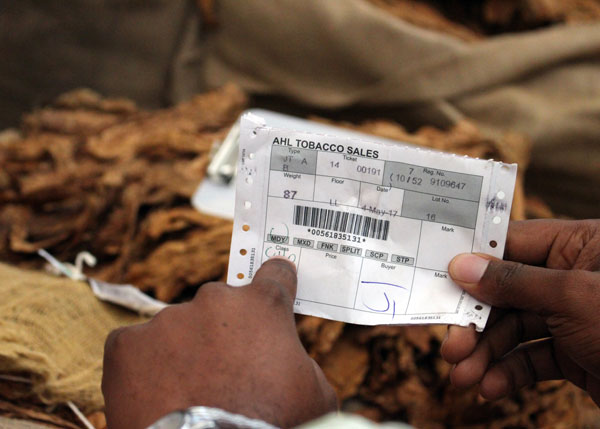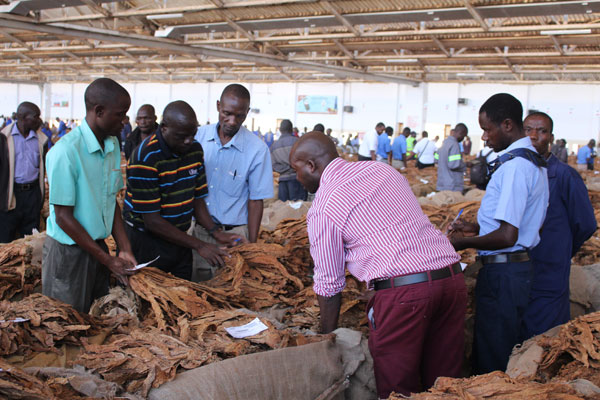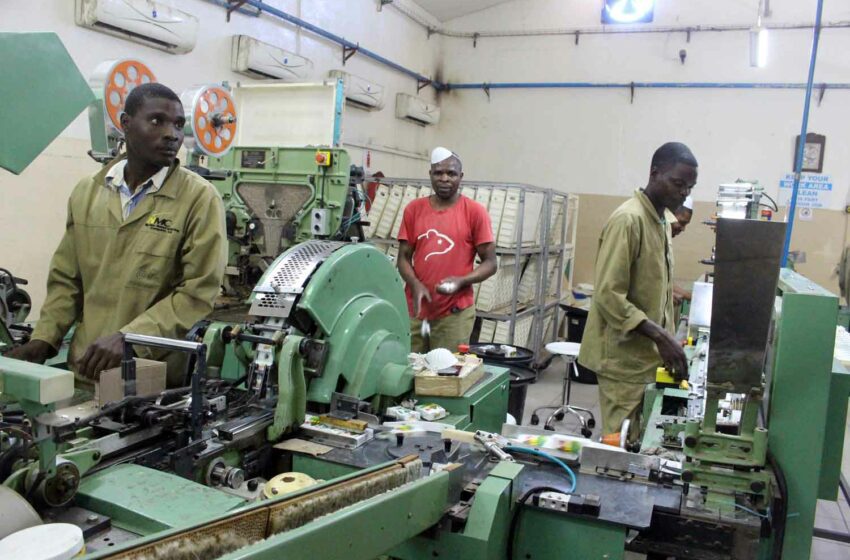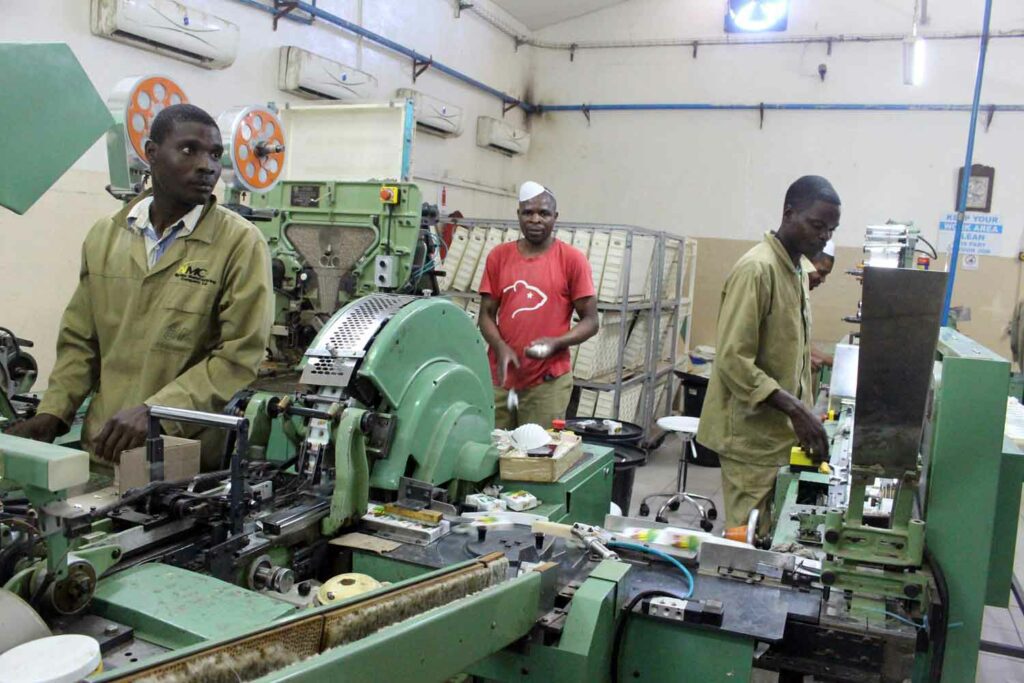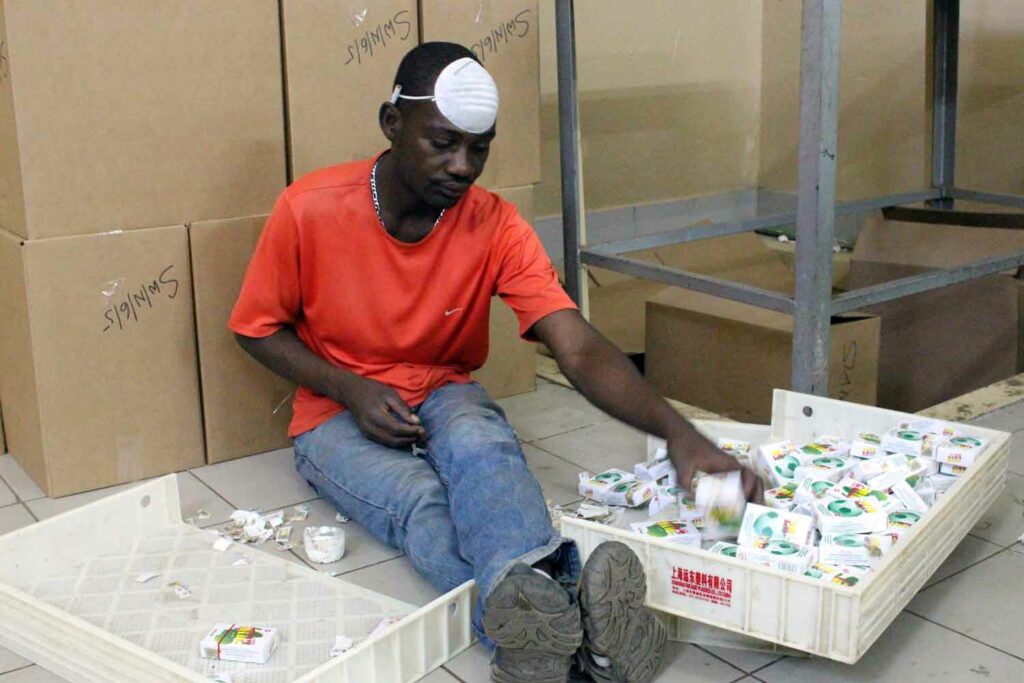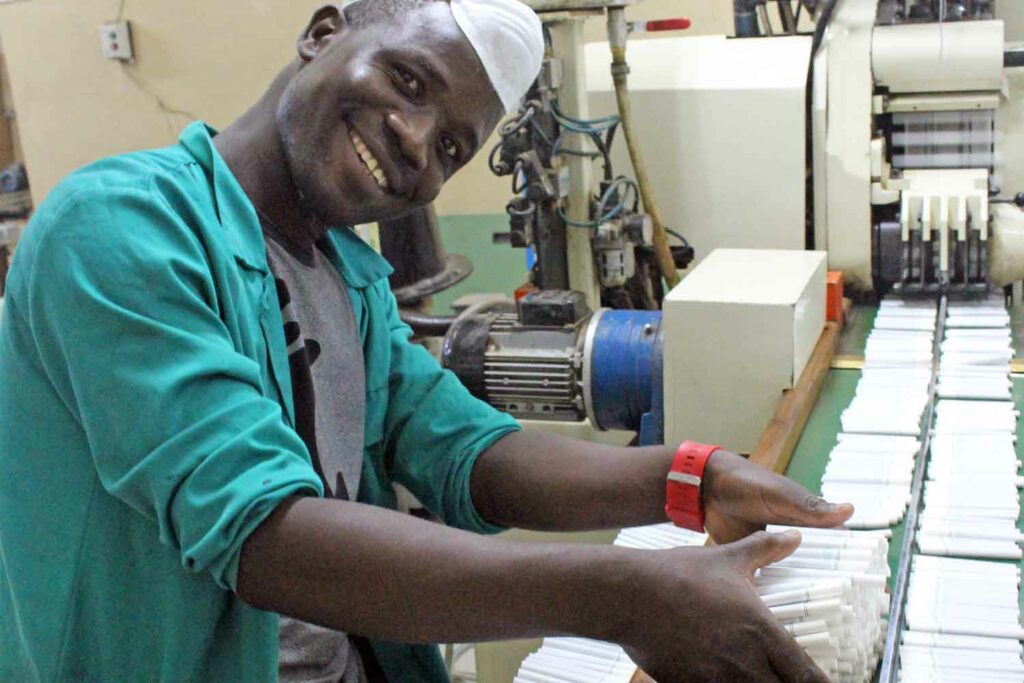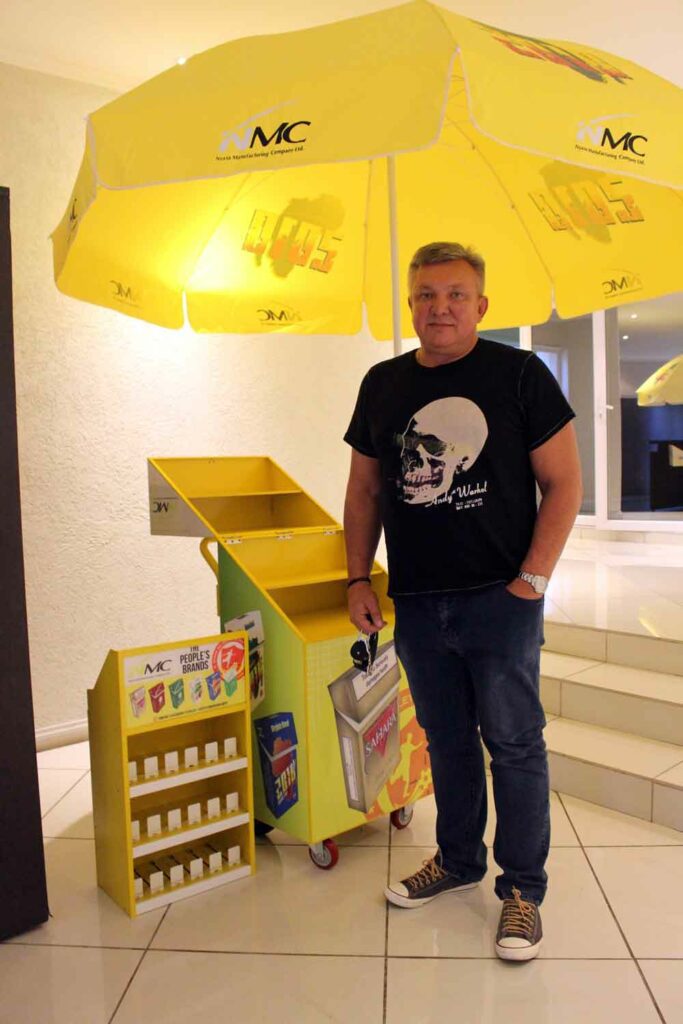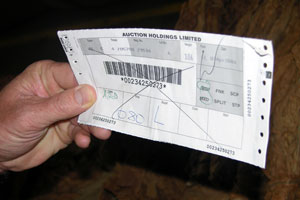
Grower prices for Zimbabwe’s flue-cured tobacco are currently running behind those of last year, according to a Bernama News story relayed by the TMA
The latest data from Zimbabwe’s Tobacco Industry and Marketing Board (TIMB) indicates that, since the 2017 selling season began on March 15, tobacco growers have sold 161 million kg of leaf for US$470 million at an average price of US$2.92 per kg.
This compares with the approximately 157 million kg that was sold for US$461 million at an average price of US$2.94 per kg during the comparable period of last year.
The TIMB public relations and communications manager Isheunesu Moyo said deliveries this year had now declined because the peak-season period was over. The TIMB would shortly announce the closing date for regular sales and a date for mop up sales.
In February, the Zimbabwe Farmers’ Union said it expected flue-cured tobacco prices to be ‘favorable’ this year.
The quality of the crop was said to be excellent and so grower prices, which were said by buyers to be based on quality, should be excellent also.
At that time, growers believed that prices ranging between $4.00 and $5.00 per kg would be favorable.
Such prices, they said, would allow them to break even and to continue producing flue-cured tobacco next season.
In 2015 and 2016, the average price paid to Zimbabwe’s flue-cured tobacco growers was about $2.93 per kg.

Meanwhile, in Malawi, good quality leaf has attracted better prices than those of last year.
Since the start of sales on April 10, according to a story in the Maravi Post, relayed by the TMA, growers had sold 65.1 million kg of leaf (Burley and flue-cured) for US$125 million, seven percent up in respect of the volume sold during the corresponding period of last year and 38 percent up in respect of the value of those sales.
The Tobacco Control Commission (TCC) data indicated that the current average price of leaf stands at US$1.91 per kg, up from US$1.47 per kg during the same period of 2016.
Burley tobacco sales earned US$84.4 million from a volume of 50.1 million kg sold at an average price of $1.68 per kg, while flue-cured tobacco was said to have generated US$36 million, presumably at an average price of US$2.40 per kg.
The TCC’s acting CEO attributed the increase in earnings to the quality of the leaf.

